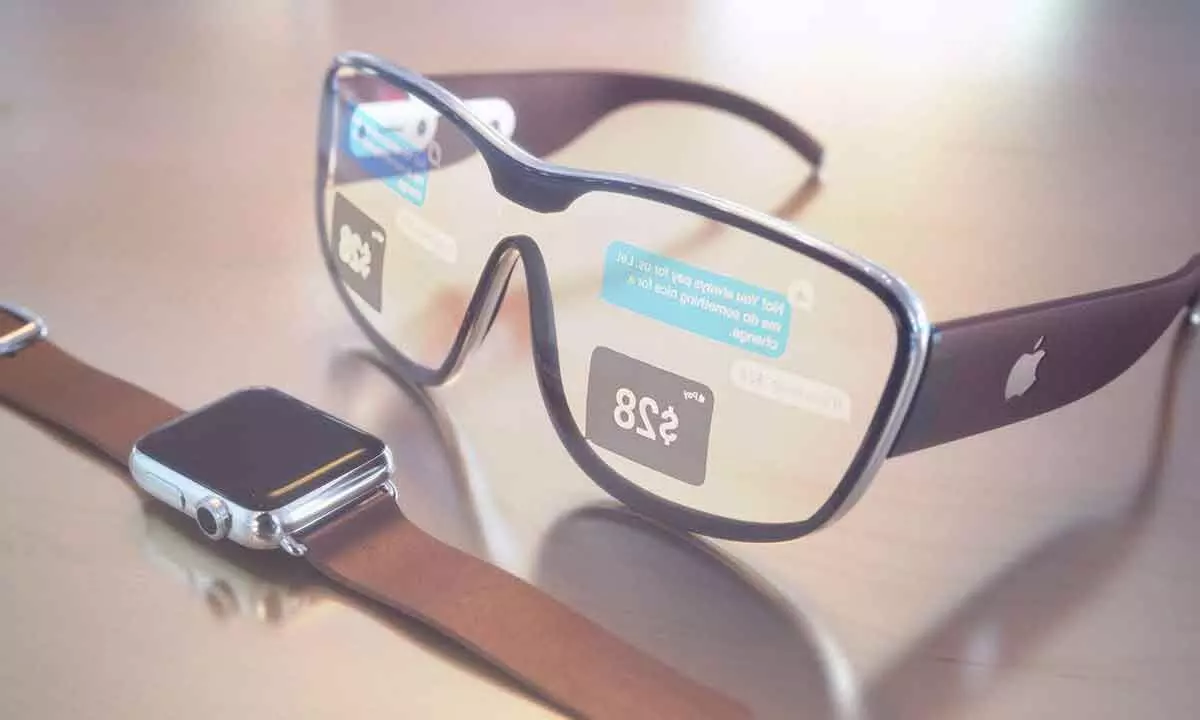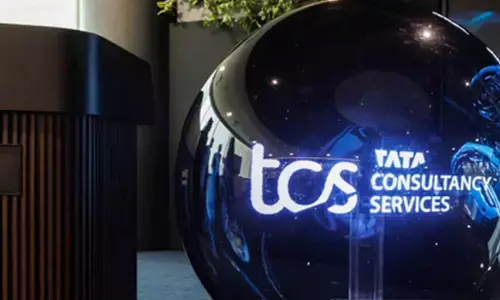Apple stalled its plans to launch AR glasses any time soon

Bloomberg reports that "technical challenges" put Apple's AR headset project to subvert the iPhone on the back burner as the focus shifts to making a cheaper mixed-reality headset.
One more Apple rumour from Bloomberg reporter Mark Gurman centres on the company's efforts to create game-changing augmented reality glasses that could make using your iPhone obsolete if they're ever made.
The competition to develop consumer-friendly AR glasses is in full swing, despite notable failures like Google's abandoned Glass project and Microsoft's now enterprise- and military-focused HoloLens. Google, Meta, and others are working on the same projects with the names Project Iris and Nazare, but now Gurman is reporting Apple's plan to release a set of glasses following the release of its first mixed reality project: a set of high-end headsets. to debut this year, it had already slipped from 2023 to 2025 and is now on hold indefinitely.
Apple's initial sensor and camera headset may cost around $3,000, combining dedicated VR hardware with a desktop-like M2 CPU, the same as those found inside the MacBook Pro and Mac Mini computers Apple announced today.
Gurman writes that a cheaper version that uses hardware similar to the iPhone and releases in 2024 or 2025 might have a starting price closer to $1,500, or around where Meta's Quest Pro sits now. This also follows from his earlier report on the existence of the Reality Pro / Reality One trademarks, which may help delineate the different classes of headsets.
That price does not suggest that the widespread adoption and availability of mixed reality headsets is just near. Still, Apple's typical high-end hardware strategy aligns much better with that than releasing something similar to Meta's cheaper Quest VR headset.
The other weak sign is that if creating a lightweight, all-day wearable set of AR glasses is currently out of Apple's reach for "technical challenges," it becomes harder to accept that Google's Project Iris, or the Meta glasses that Mark Zuckerberg reported. Expected to launch in 2024, it will be ready to use anytime soon.
However, they may find success based on alternative approaches. Google announced that it would start testing prototypes around the world last fall. Simultaneously, Meta's three-step Nazare/Artemis/Hypernova plan begins with a pair of glasses that will only be released to developers. The report doesn't mention Apple's changing plans as a result of budget cuts, but with layoffs and cutbacks hitting big tech companies, navigating the current economic situation can be as much of a problem as figuring out how to make screens waveguide devices work better or to design a battery to fit a device made for someone's face.










